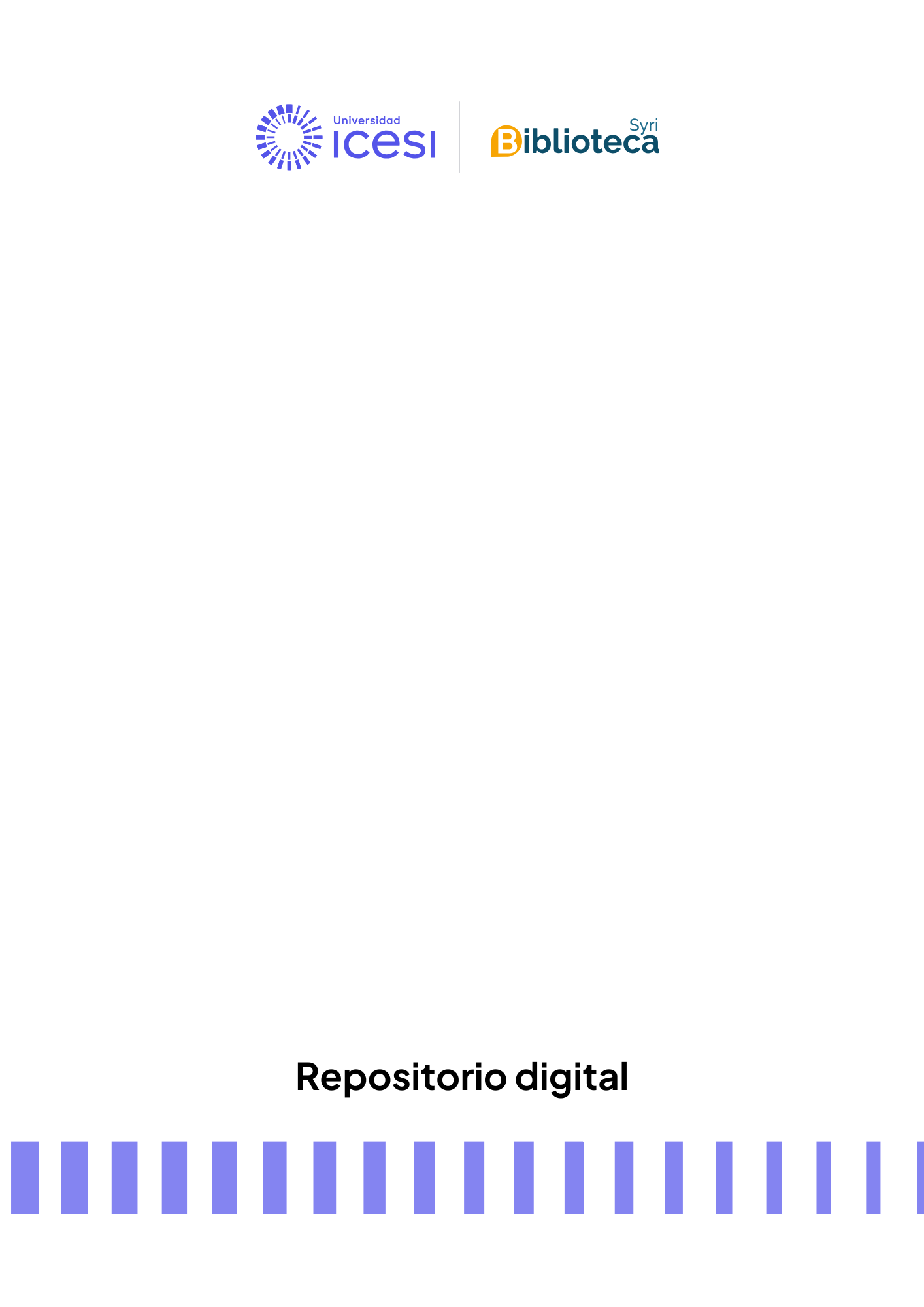Human Development, Contemporary Political Settings and International Migration

Archivos
Fecha
Autores
Director de tesis/Asesor
Título de la revista
ISSN de la revista
Título del volumen
Publicador
Editor
Compartir
Resumen
Abstract
The aim of this paper is to show the possibility of crafting a new theoretical model of international migration that would enable researchers to take into account the political settings of the early 21st century. In order to do so, the author firstly critically examines the mainstream theories of migration that dominate today’s academic literature. As a result of this analysis, it is concluded that, despite of the fact that many of the proposed theoretical approaches are quite useful for understanding certain aspects of the migration process, when it comes to the task of analyzing international migration as a whole, no conceptual model exists. The paper demonstrates that apart from the theories that are focusing on only one of migration’s dimensions, albeit the most significant from a particular disciplinary perspective, the introduction of a general model is a necessary step to reach a better understanding of the nature of contemporary migration processes. The author argues that such a model can be constructed using the theory of structural violence proposed by Johan Galtung and the concepts of human development and human security.

